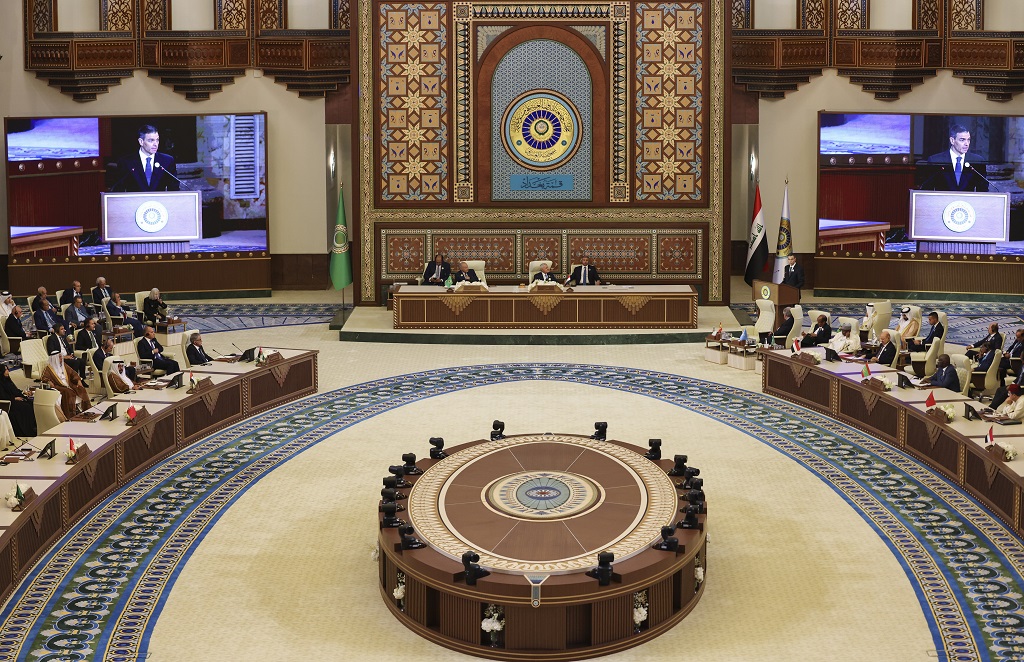RAMALLAH, August 24, 2007 (WAFA) – There is no shortage in the US dollar or Jordanian dinar currencies in the Palestinian market, Governor of the Palestinian Monetary Authority (PMA) Azzam Shawa said on Thursday.
He added however in a meeting with reporters at the new PMA building in Ramallah that the Monetary Authority has managed to reduce the liquidity surplus in Israeli shekel and is working to resolve it radically.
"The amount of dollar and dinar currency that entered the country in the first eight months of this year exceeded the total amount that entered in 2016 and there is no shortage in the dollar and dinar currencies," said Shawa, stressing that the liquidity of these two currencies in the banks operating in Palestine exceeds the percentage enforced by the Monetary Authority, which is 6% of the total client deposits.
Shawa insisted that the PMA has not had any complaints that banks are reluctant to meet withdrawal in dollar and dinar currencies, and if a bank did hesitate to do this, such an act will not be justified, he said.
In the absence of a national currency, the Palestinian market is trading in four currencies: the US dollar, the Jordanian dinar, the euro and the Israeli shekel. The market has been suffering for years from high liquidity surpluses in the shekel currency, which is the currency of daily transaction for Palestinians that covers also trade and financial transactions between the Palestinian territories and Israel.
The transfer of the shekel surplus to the Israeli Central Bank is a “complicated, costly and time consuming process,” he said, adding, “but we have taken a number of measures to overcome it, including assigning this mission to two Palestinian and Israeli carriers.”
Shawa expressed hope that this problem is going to be fundamentally resolved in the coming months.
The PMA Governor briefed the journalists on the latest developments in the work of the Monetary Authority to maintain stability and development of the banking system and its plans to become a full-fledged central bank.
M.K.










